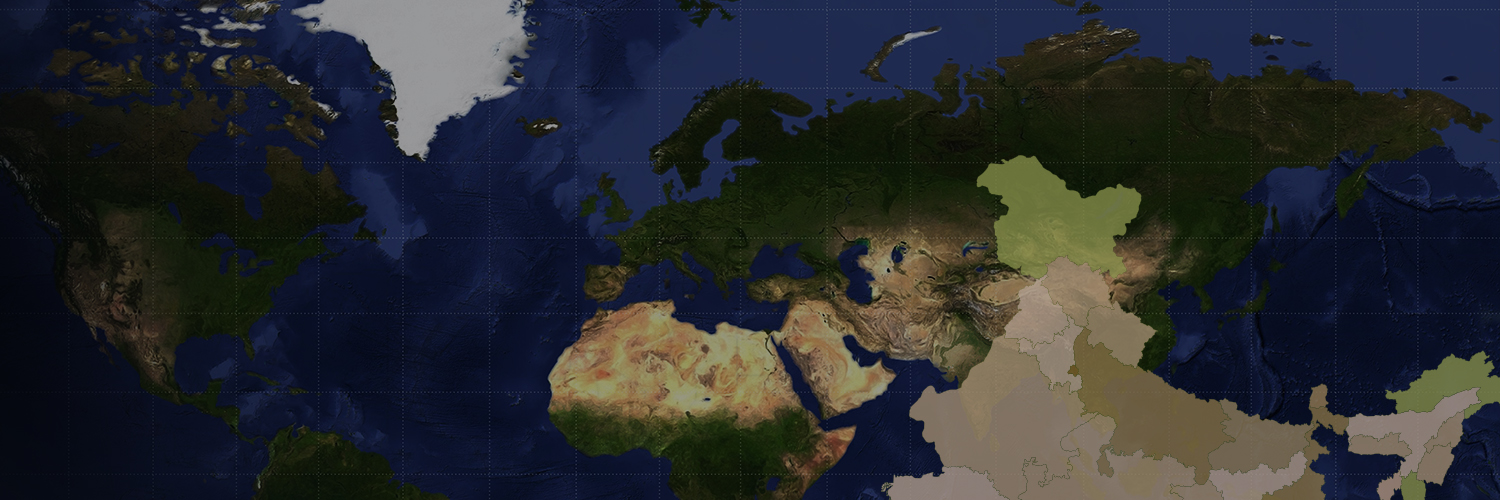Manufacturing is production of goods in large quantities after processing from raw materials to more valuable products. The production process takes place in the ‘Manufacturing Industries’.
Importance of manufacturing
- Manufacturing industries help in modernising agriculture.
- Industrial development is a prerequisite for eradication of unemployment and poverty.
- Export of manufactured goods expands trade and commerce.
Industrial Location
- Industrial locations are influenced by availability of raw material, labour, capital, power and market, etc.
- Least cost is the key to decision of the factory location, in addition to Government policies and specialised labour.
Classification of Industries
- On the basis of source of raw materials used industries are classified as Agro based and Mineral based
- On the basis of their main role they are classified as Basic or key industries and Consumer industries.
- On the basis of ownership they are classified as Public sector, Private sector, Joint sector and Cooperative sector industries.
- On the basis of the bulk and weight of raw material and finished goods they are classified as heavy and light industries.
Chemical Industries
Fertiliser Industry
Cement Industry
Automobile Industry
Information Technology and Electronics Industry
Industrial Pollution and Environmental Degradation
Air pollution
- It is caused due to the presence of high proportion of undesirable gases, such as sulphur dioxide and carbon monoxide.
- Air pollution adversely affects human health, animals, plants, buildings and the atmosphere as a whole.
Water pollution
- It is caused by organic and inorganic industrial wastes and affluents discharged into rivers.
- The major solid wastes in India are fly ash, phospo- gypsum and iron and steel slags.
Thermal pollution
- Thermal pollution of water occurs when factories and thermal plants drain hot water into rivers and ponds before cooling.
- Wastes from nuclear power plants, nuclear and weapon production facilities are responsible for cancers, birth defects and miscarriages.
Noise pollution
- It can cause hearing impairment, increased heart rate and blood pressure among other physiological effects, in addition to irritation and stress.
- The major contributors are: Industrial and construction activities, machinery, factory equipment, generators, saws and pneumatic and electric drills.
Control of Environmental Degradation
- Some suggestions to reduce freshwater pollution are-
- Reusing and recycling water in two or more successive stages to minimise use water for processing.
- Meeting water requirements by harvesting of rainwater.
- Treating hot water and effluents before releasing them in rivers and ponds. A threat to ground water resources is due to overdrawing of ground water reserves by industry.
- To reduce air pollution:
- Particulate matter in the air can be reduced by fitting smoke stacks to factories with electrostatic precipitators, fabric filters, scrubbers and inertial separators.
- Using oil or gas instead of coal in factories can reduce smoke.
- To reduce noise pollution:
- Silencers should be fitted in generators and machinery and equipment can be used.
- Almost all machinery can be redesigned to increase energy efficiency and reduce noise.
- Noise absorbing material may be used in addition to personal use of earplugs and earphones.
